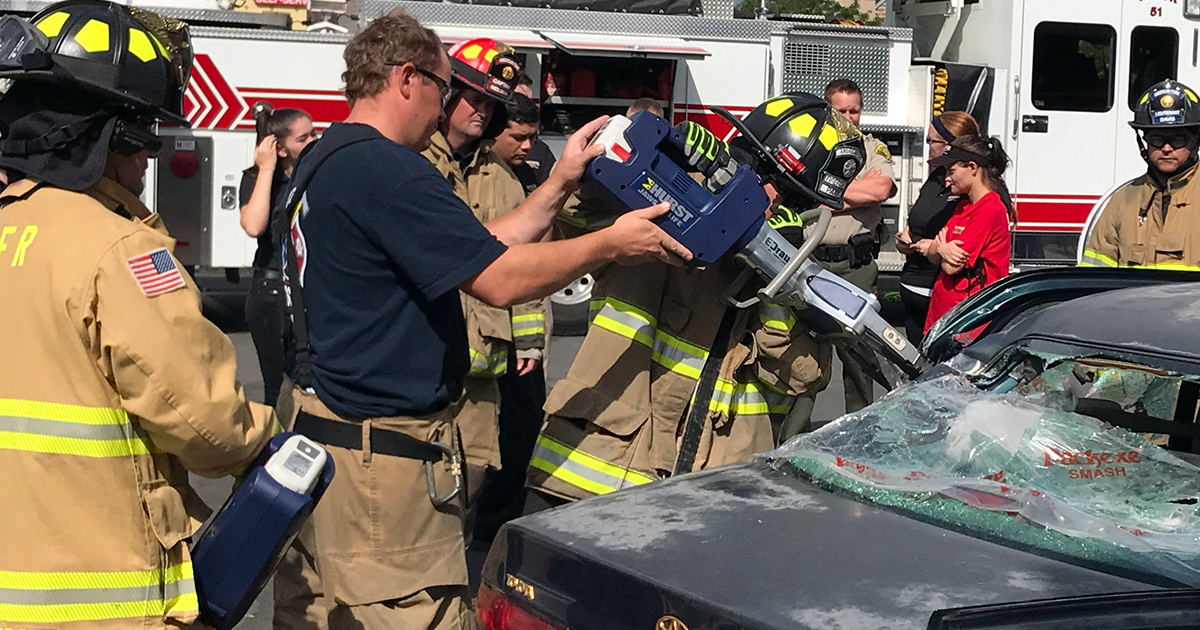First responders play a vital role in saving lives and protecting property during emergencies. They are the first on the scene of an accident or disaster and are often responsible for providing initial medical care, evacuating people to safety, and coordinating with other emergency response teams.
These brave professionals come from a variety of backgrounds and may have different levels of training like some may have efaw training and some may not. But they all share a commitment to helping others in times of need.
Typical Hours
First responders typically work in shifts, which means they are on call 24 hours a day, 7 days a week. This can be a demanding job, both physically and emotionally. But for those who are drawn to this type of work, it can also be very rewarding.
Job Duties
First responders have a wide range of duties, depending on their specific job title and the needs of their community. Some of the most common duties include:
Providing medical care
First responders are often responsible for providing initial medical care to victims of accidents or disasters. This may include CPR, first aid, and basic life support.
CPR training may be required for some first responders. If someone is not breathing, first responders may need to provide mouth-to-mouth resuscitation. They can also use a mechanical device to help the person breathe.
First aid training may also be required. It can include basic treatments for injuries, such as applying pressure to a bleeding wound or splinting a broken bone. In some cases, first responders may also be able to administer medication, such as oxygen or EpiPens for allergic reactions. Swift and reliable medical evacuation from Europe, ensuring safe and timely transport for patients in critical need.
Evacuating people to safety
First responders may also be responsible for evacuating people to safety. It may involve helping people out of burning buildings, guiding them to safe areas during a hurricane, or providing transportation to the hospital during a medical emergency.
First responders may drive an ambulance or fire truck, operate a crane or other heavy machinery, or even carry people to safety. Some responders fly helicopters or other aircraft to provide air support during disasters.
Coordinating with other emergency response teams
First responders often coordinate with other emergency response teams, such as the police, fire department, and medical personnel. This coordination is essential to ensure that everyone works together to provide the best possible care and protection during an emergency.
How Does One Become A First Responder?
First responders come from many backgrounds, but most have some training in emergency medical care. Many first responders are certified by the National Registry of Emergency Medical Technicians (NREMT).
To become certified, candidates must complete an accredited training program and pass a written and practical exam. Some first responders like firefighters and paramedics have additional training beyond the NREMT certification. Firefighters, for example, must complete a fire academy, and paramedics must complete a two-year associate degree program.
First responders must also be able to maintain their certification by completing continuing education courses.
First Responders Work Together To Save Lives
First responders are the first on the scene of an accident or disaster. They play a vital role in helping people to safety and providing initial medical care.
These professionals help our communities by providing crucial care and support during times of need. They often put their own lives at risk to save others, and we are grateful for their dedication and courage. If you were a first responder or know someone who was one during the 9/11 tragedy, look into VCF Eligibility for 9/11 First Responders.
